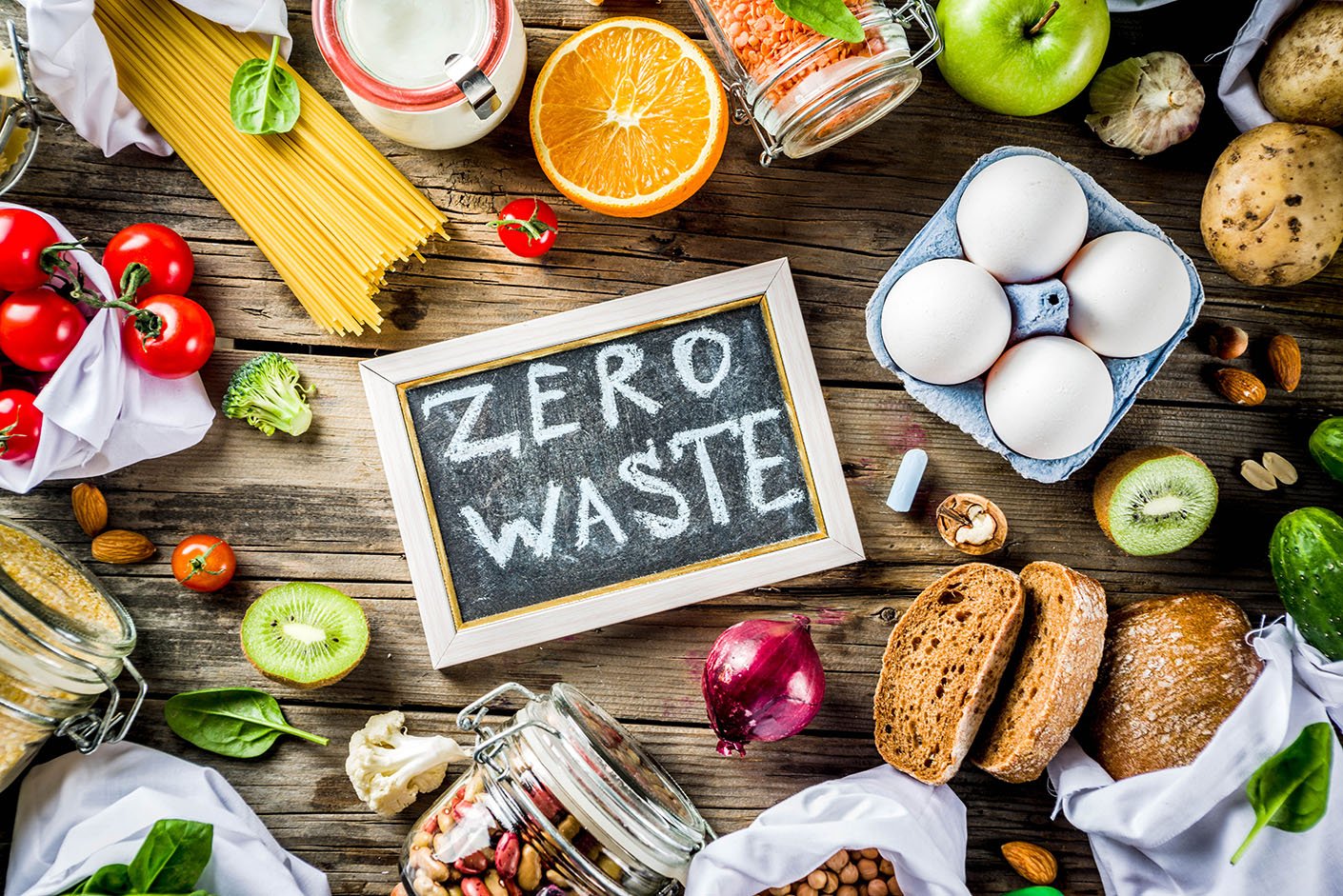
Within the last half century, binge eating has become an epidemic of sorts especially when considering obesity statistics in well developed countries. The need for instant gratification coupled with a market full of fast food restaurants, stores overflowing with unhealthy food choices, and rapidly developing technology, food is literally at our fingertips. This easy access to food can prove to be a stumbling block for many individuals who are dealing with overeating and issues with unhealthy weight. For most, eating in moderation isn’t as simple as it sounds. There needs to be more knowledge on how to keep the appetite down, make healthier choices, and a system that keeps us motivated to monitor our food choices. The following tips on how to decrease your food intake will keep you feeling satisfied longer, and will assist you in eating more intentionally.
While it’s important to manage your food portions, opting for healthier choices even when eating out can make a significant difference. For those in the Colleyville area, visiting places like fast food Colleyville can offer delicious, yet balanced options that cater to health-conscious diners.
Preparation
Preparation is key in decreasing your overall food take, whether it’s in order to lose weight, get healthier, or for medical reasons, being prepared is essential. Start by setting goals by how much you’d like to decrease your food intake and in which ways. One effective, and popular, way to anticipate your food needs and reduce your food intake is to plan. Meal planning involved preparing meals at the beginning of the week for breakfast, lunch, and dinner. These meals are usually cooked, cooled, and stored in food grade containers in the fridge for the week. When it’s time to eat, you can simply pull out the prepared food container, and reheat it. This way you are not reaching for unhealthy snacks and other unnecessary foods. Instead, you have an allotted portion that is already prepared and ready to go. This reduces the stress of trying to control your appetite by only being able to eat the food in the prepared container. If food prep is not your game, there are numerous meal planning and food prep services that cater to consumers that need prepared meals delivered to their door for a small fee.
Nutrition
Rather than thinking about reducing your food intake as “dieting” try to think of your food in terms of nutrition rather than restrictive eating. Consider the nutrients various foods have and how they will either help or harm your body, immune system, and metabolism overall. Having an informed mindset about food will allow you to make better decisions. Proper nutrition is critical in maintaining good health. Researching and understanding how certain foods affect your body may be the push you need to realize that it’s necessary to eat less of certain foods and more of others. This will cause you to begin eating foods that are more nutrient dense thus more filling which will lead you to eat smaller portions because you are feeling full. Nutrient dense foods include foods such as nuts, berries, salmon, legumes, lean meats, and whole grains. There are also healthy fats that help to keep your body full and satisfied for longer. Extra virgin olive oil, fats in avocados, ghee, coconut oil, and grass fed better can all be considered healthy fat in moderate portions.
Water
Water doesn’t get enough credit for its efficiency in keeping our bodies healthy. When considering water as the antidote to overeating, it’s important to understand how water helps.
Drinking plenty of water throughout the day does not only keep us feeling refreshed and energized, it also aids in giving the stomach a feeling of fullness. So the next time when you’re reaching for a snack try to drink at least 8 oz of water first. This will usually help to curb your appetite and either avoid unnecessary snacking altogether or at least cause you to eat less of the snack. It is recommended that men and women drink at least 6 to 8 glasses of water a day. If drinking water is a challenge, purchase a water bottle that tracks your daily water intake.
Peptides
According to multiple research studies, peptides have been thought to produce results that could potentially curb the appetite thus decreasing food intake. The peptide https://www.peptidesciences.com/semaglutide-3mg Semaglutide has been shown to decrease the appetite in studies completed in mice. Research conducted on mice suggest that the ingestion of the peptide Semaglutide did not only curb their appetite but also made them feel fuller longer and even impacted their weight. The results show the potential for advancements in this area in the future based on the studies conducted on the mouse population.
Sleep
One of the most powerful remedies not just for decreasing your food intake, but also for your overall health, is to get more sleep. The right amount of sleep can do wonders for the body from decreasing stress and anxiety, boosting energy, curbing the appetite, and so much more. When our bodies are lacking rest, we become lethargic and our first instinct is to gain energy from calories found in food. A good night’s rest means getting at least 8-10 hours of solid uninterrupted sleep every night.
Continue following these tips and making them a habit in your daily routine and you’ll find yourself eating less.




